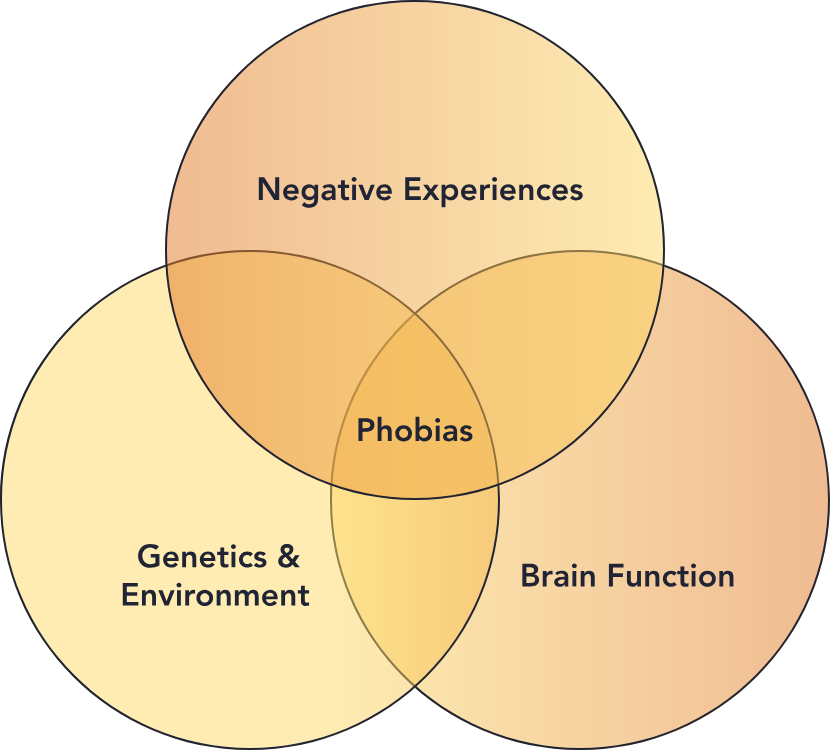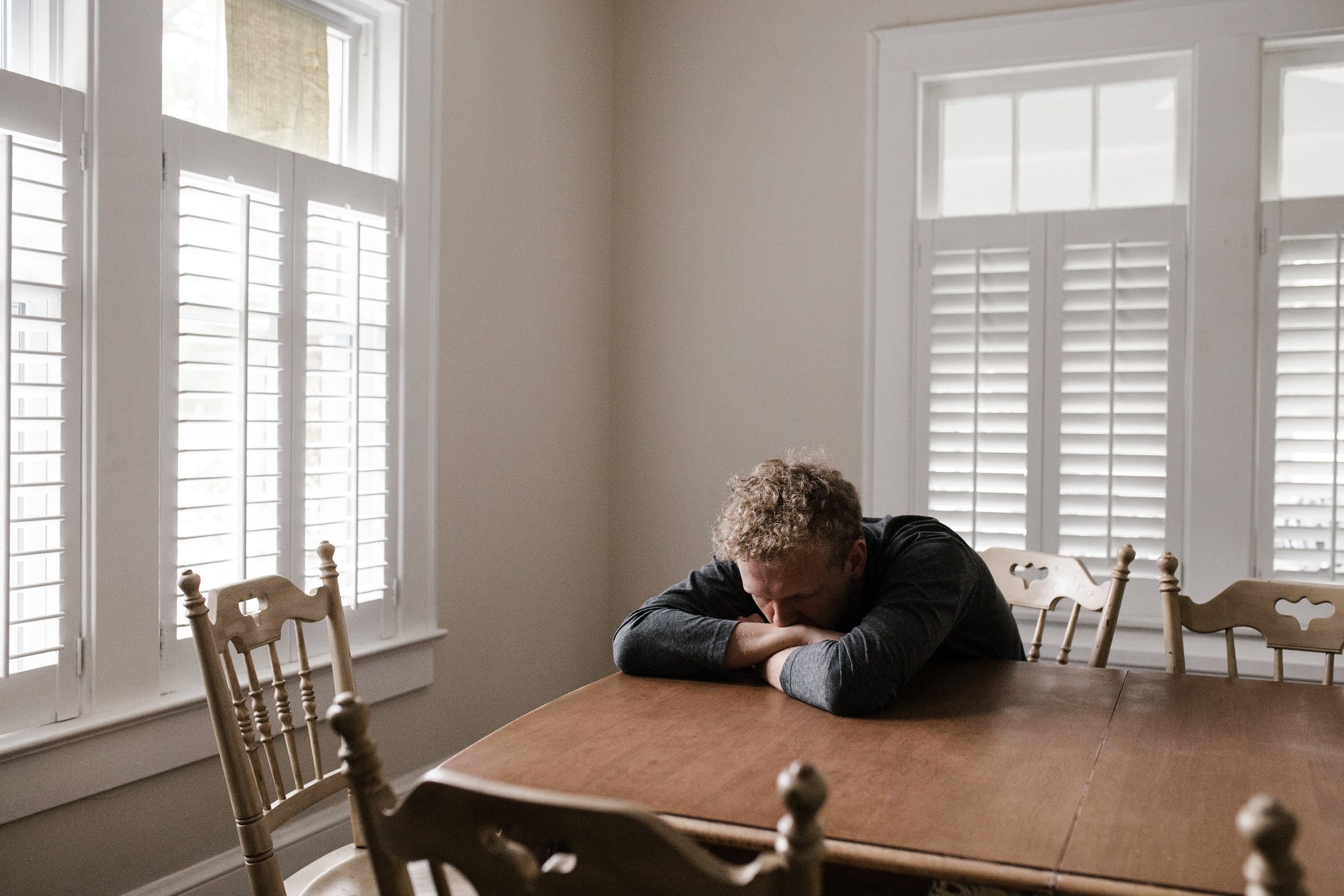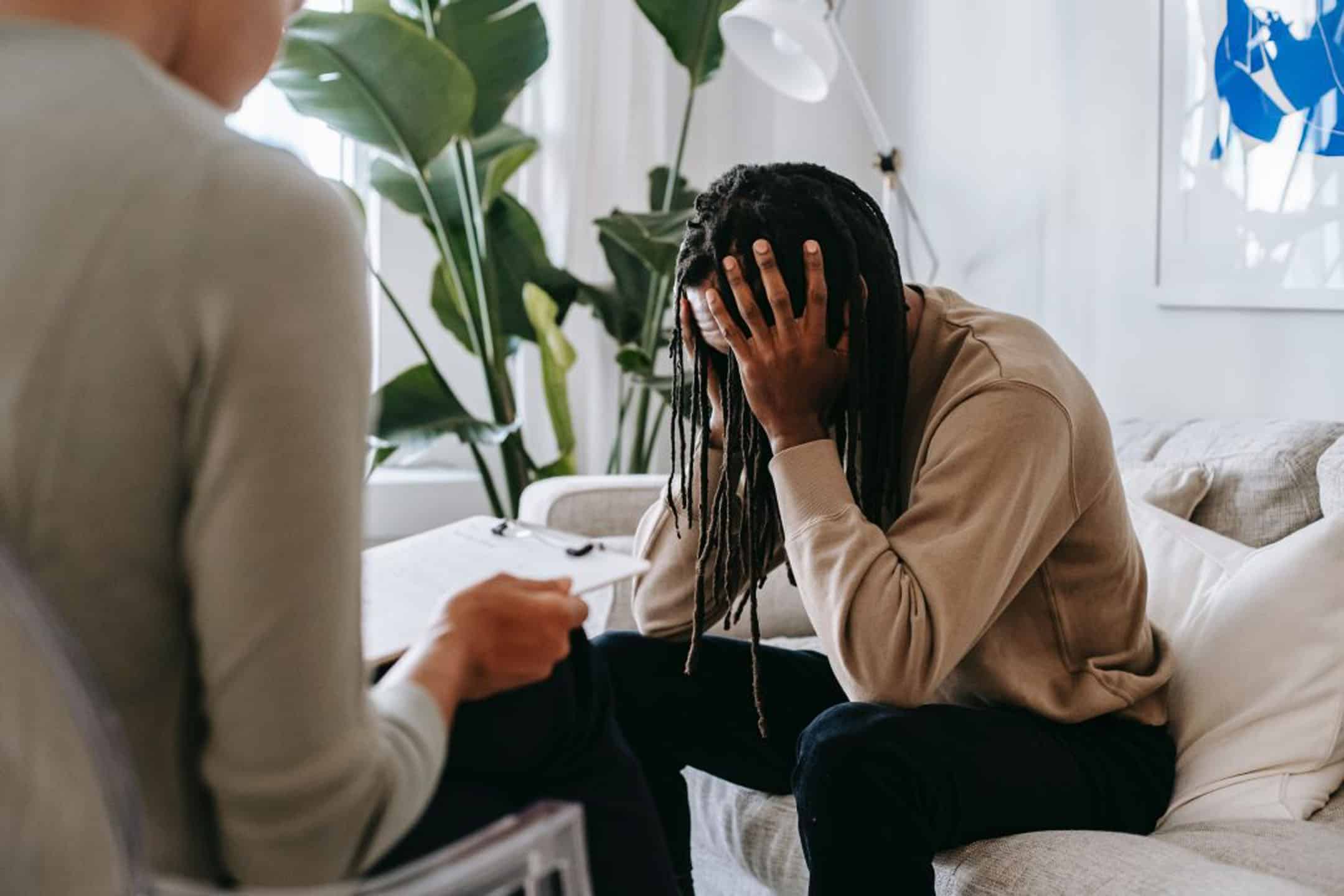Home - Phobia Disorder
Expert care to overcome your Phobia Disorder.
Get a personalized treatment plan online and start feeling like you again with medication, therapy or both.
*Call for a free and confidential assessment. Insurance may cover 100% of the cost.
- phobia
What is a Phobia?
Phobias are intense, unrealistic, and persistent fears related to situations or objects.
A phobia is a type of anxiety disorder. Individuals who experience phobias have an overwhelming and debilitating fear of a situation, object, animal, feeling, or place. Phobias are more extreme than fears which we all have. Phobias develop when an individual has an unrealistic or exaggerated sense of danger about an object or situation.
Phobias can at times become so severe that individuals will rearrange their entire life and schedule around, avoiding things that will trigger or heighten their phobias. Currently, 19 million Americans suffer from one or more phobias within the US, all of which are usually first revealed within their late teens.
Park Mental Health San Diego has successfully helped thousands of Americans address a range of phobia disorders every year. It is vital that you understand you do not need to struggle alone and that your phobia disorder is treatable.
An estimated 9.1% of U.S. adults had a specific phobia in the past year. With females (12.2%) significantly more likely to experience a phobia than for males (5.8%).
If you have found yourself or a loved one experiencing any of the signs or symptoms of anxiety, please do get in contact with a member of our team to receive the care and help you need.
What causes phobias?
There is still a lot to learn about phobias in general and why some people develop intensely severe phobias while other people only experience mild symptoms and others never experience a phobia in their life. However, from the research we have commenced, we substantially understand that their culture, genetics, and life events play a vital role.
Negative experiences. Many phobias develop due to having a negative experience or panic attack related to a specific object or situation.
Genetics and environment. There may be a link between your specific phobia and the phobia or anxiety of your parents — this could be due to genetics or learned behavior.
Brain function. Changes in brain functioning also may play a role in developing specific phobias.
Many individuals who suffer from phobias resign themselves to living in complete fear. This does not need to be the case; here is available at Park Mental Health San Diego through therapy, medication, or a combination of both.

Signs and symptoms of Phobia Disorder
All phobias can limit your daily functions and activities; furthermore, individuals can experience severe anxiety in conjunction with their phobia. Individuals who suffer from phobias often have panic attacks which can come on suddenly. These attacks can be highly distressing for individuals and their loved ones.
It is essential to understand that there is a range of help available; however, nothing is a quick fix, you will need to be patient with your disorder.
We have listed a range of general signs and symptoms of phobias that we would advise you to seek medical help.
Mental signs and symptoms to look out for:
- Dizzy, lightheaded & faint
- Feeling as if you are choking
- Fear of losing control
- Stressed
- Embarrassment
- Overwhelmed
- Anxious
- Depressed
- Loss of control
Physical signs and symptoms to look out for
- Pounding heart
- Accelerated heart rate
- Chest pains or tightness
- Trembling or shaking
- Hot or cold flushed
- Sweating
- Shortness of breath
- Nausea or vomiting
- Diarrhea
- Numbness & tingling

The most common phobias
According to the National Institute of Mental health, phobias have become one of the most common mental health disorders within the US. However, no matter the type of phobia(s) an individual may be experiencing, they are treatable. They can often be overcome entirely with a therapy treatment referred to as cognitive-behavior therapy.
Below we have listed the top most common phobias that individuals experience, which have left individuals entirely re-arranging their lives to avoid these situations or objects:
Social Phobia
Social phobia, also referred to as social anxiety disorder, is the fear of any social interaction or situation when the individual may be unfamiliar with the people involved or fear being judged. People with social phobia often quickly feel humiliated or embarrassed when placed in these situations.
Acrophobia, fear of heights
Many individuals avoid escalators or glass lifts at shopping centers due to their phobias; these situations often give them vertigo. For others peering off a balcony, standing on glass flooring, or looking out of a clifftop can trigger acrophobia.
Pteromerhanophobia, fear of flying
Social media has allowed us to read about every tragic event anxious by just thinking about their phobia in more severe cases. This is known as anticipatory anxiety. Below we have listed some of the signs and symptoms to look out for.
Arachnophobia
The fear of spiders, I mean, who isn’t scared of a small, eight-legged, hairy creepy crawly. While some will simply run away from a spider if they see one, others can have an induced panic attack.

Never suffer in silence; start receiving help today
It can often be hard to understand why a loved one or even yourself has developed such a fear of a specific object or situation, especially if the phobia seems irrational to you. However, the phobia must get taken seriously. If you are a loved one, try to understand their phobia as there is a high possibility that they are dealing with:
- Severe anxiety
- Daily panic and distress
- Disturbances to their daily lives
You may not see why they are so frightened of something, but the fear and anxiety they feel are genuine.
As a loved one, the best thing you can do is take them to a quiet place and speak calmly about their phobias. This can often allow them to feel safe around you. See if they are open to receiving help for their condition so they can once again begin living their life to the fullest. Suggest they make an appointment with a medical professional and if you can offer them support by going with them.
You must never forget to look after yourself, as their support system needs to ensure your mental and overall well-being is on top condition. We have a range of exercises and tips that can help you and your family be the best support system for the suffering individual.

Selfcare tips for Phobias
Practicing daily healthy habits that eventually become part of a typical pattern will lead to more effective outcomes regarding your mental health disorder. Creating a healthy routine that you know eases your symptoms when they get bad will help avoid any severe consequences. Below, we have recommended a few activities that immensely helped our past clients recover from phobia disorder. It is essential to understand that while you may always have to live with your mental illness, you do not have to let it control your life.
- Take care of yourself mentally, run yourself a bath, take some well-deserved time out, treat yourself to a fun day out
- Depending on the phobia, try not to avoid the fear situation completely. It can be effective to practice being near the fear situation, build up your tolerance to it
- Look out for support groups. The technology era is great for finding support groups that you can attend
- Learn skills that will help you when you experience a panic or anxiety attack
- Talk to a loved one, long time friend, or medical professional about how you are feeling
Therapy Treatment for Phobias
We have a vast range of therapy treatment options here at Park Mental Health San Diego, all of which can be tailored to suit your specific needs, requirements, and goals. Cognitive Behaviour Therapy has become an exceedingly effective therapy option for individual who suffers from particular severe phobias.
During most therapy sessions, your therapist may often set you homework to complete in between sessions which will help you integrate vital skills into your daily lives. Attending therapy sessions for phobias can help give your life structure and support through stressful and challenging situations. Below we have listed a range of essential skill sets you may learn when talking to one of our therapists:
- Manage problems by changing how you behave and think. This specific therapy can be helpful to develop practical ways of dealing with your phobias
- Communication skills
- Learn how past or even current situation may have been starting point that led to the development of unhealthy thought patterns and behaviors, all of which could be maintaining your distress
- Build or re-build healthy relationships with loved ones
- Develop new skill sets to handle intense emotions that may be disrupting your living life the way you chose
- Build your confidence to handle any challenging situations that may come your way
Phobia is a complex disorder that affects each one of us differently, which is why we offer bespoke evidence-based approaches to help you develop skills effectively to aid you in breaking the negative cycles of anxiety.

Medication Options for phobias
Medication can be used as a second line of defense in combination with therapy treatment; however, this is usually only recommended for a short-term option. A combination treatment can be effective, but it comes down to each individual’s unique experiences.
Medication can further effectively treat additional mental health conditions such as severe anxiety.
The three most recommended types of medication used for treating various mental health symptoms regarding phobias can be:
- Beta-blockers
- Tranquilizers
- Antidepressants
- Build or re-build healthy relationships with loved ones
- Develop new skill sets to handle intense emotions that may be disrupting your living life the way you chose
- Build your confidence to handle any challenging situations that may come your way
Often a combination of medication and professional therapy is the most effective treatment for individuals, no matter how severe their phobias.
Due to each experiencing unique symptoms, receiving the best results requires analyzing each person to the most effective medication. Our medical professionals at Park will constantly research and finetuning treatment to ensure the individual response is at maximum effectiveness.
To ensure you receive the best results, your progress must be measured periodically. This allows us to make informed decisions based on data regarding your treatment.

The types of medication available for Phobia Disorders
Medication is an effective way to deal with your symptoms, whereas therapy treatment will delve into your mind to understand your root cause of the mental health disorder.
- Antidepressants
- Tranquilizers
- Beta-blockers
- FAQ's
Your most frequently asked questions, answered.
What areas do you cover?
Park Mental Health Treatment covers the San Diego, California area. If you are unsure of whether you are near our facility, please either submit an online form or alternatively contact a member of our team today on 866-420-2524.
Do you provide outpatient care?
Yes, Park Mental Health Treatment has the facilities to cater for outpatient care. Alternatively, if you require inpatient care, we also have partnerships with facilities around the San Diego, CA area that can cater for inpatient therapies.
How do I get in contact?
To contact a member of our team, either complete an online form or call us directly on 866-420-2524.
What areas do you cover?
Park Mental Health Treatment covers the San Diego, California area. If you are unsure of whether you are near our facility, please either submit an online form or alternatively contact a member of our team today on 866-420-2524.
Need immediate help?
Call our 24/7 admission coordinator.
If you’re having a medical or mental health emergency, call 911 or go to your local ER.